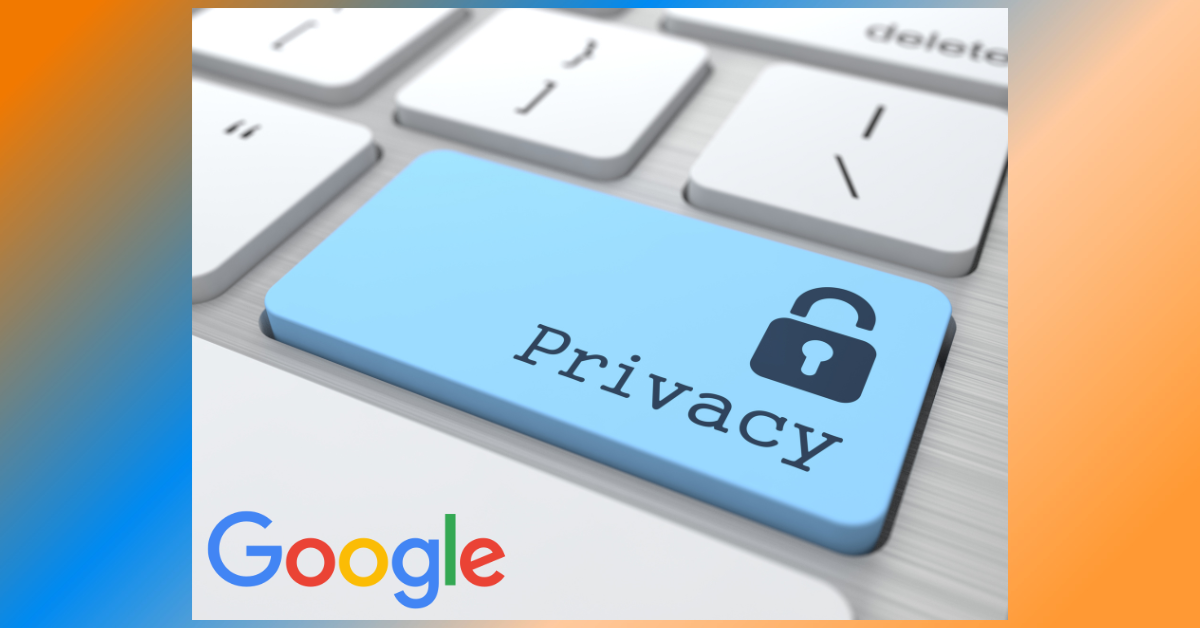As the expectation of companies around the world change, people want the best possible product experience, strong security, and better privacy protections to keep them in control — and they want all of these to be easy and fit into their lives.
We know for a fact that the Internet relies upon the free flow of information across borders. The flow of global data makes our daily activities work seamlessly, effectively supporting the health and growth of the modern digital economy.
Last week, I had the opportunity of attending a media briefing with no less than Google’s Chief Privacy Officer as he discussed how they see the future of privacy and technology.
“Google considers privacy and security as a core design element in every product and feature that we design. We apply the same level of privacy and security protection to all of our products everywhere in the world. Whenever we are developing or designing a new product or service, privacy is the first principle — it is where we start and we ensure that those protections are baked in from the very beginning,” according to Keith Enright, Chief Privacy Officer at Google during the online Asia-Pacific media briefing last week.
The search giant is already implementing privacy tools like the Activity Controls, where Google Account users can use the auto-delete option for their users’ Web and app activities. When it comes to Privacy Preserving Technology, the company employs Federated Learning and Differential Privacy.
Federated Learning keeps training data on-device. Each device runs training locally, and outputs are aggregated to create improved models — without Google seeing any private user data. On the other hand, Differential Privacy is a mathematical provable method of anonymizing individual data while preserving the maximum value of the dataset as a whole. Statistical “noise” is added to the dataset that maintains both privacy and accuracy.
Enright added that collaboration and conversations are essential. Google is focused on constructive engagement with policymakers, regulators, industry players, and societies around the globe to find solutions to shared challenges.
Global Data Flows
The technology giant announced its commitment and support, as well as its intent to certify to the new Global Cross Border Privacy Rules (CBPR) system. The CBPR system is a government-backed data privacy certification that companies can join to demonstrate compliance with internationally-recognized data privacy protections.
The Philippines, through the National Privacy Commission (NPC), is one of the member economies of the Asia-Pacific Economic Cooperation (APEC) Cross-Border Privacy Rules (CBPR) System that is part of the Global CBPR Forum aimed at fostering interoperability among different regulatory approaches to data privacy and protection.
Balancing Data Collection with Revenue Generation
I asked Google’s Chief Privacy Officer how the company balances data collection with revenue generation, and his response was, “For every Google product, and every Google service, we put the user first. In the context of privacy and data protection, we design every product and feature to have the strongest privacy and security protections so that users will trust Google and choose to use our products and services as opposed to that of our competitors. If we do that and do it well, the revenue will follow. That philosophy has served us very well to date, and I expect that to continue to serve us very well. There are challenges that come from the velocity of change and the complexity of technology, and we are actively working with regulators, policymakers, and other technology companies to figure out how do we continue innovating, providing these incredibly useful products and services in ways that it is even more privacy-protective going forward.”
Enright also mentioned that Google will continue to thoughtfully consider and deploy the best available technologies for both privacy and functionality in any given context as they keep on innovating with privacy-enhancing technologies.


